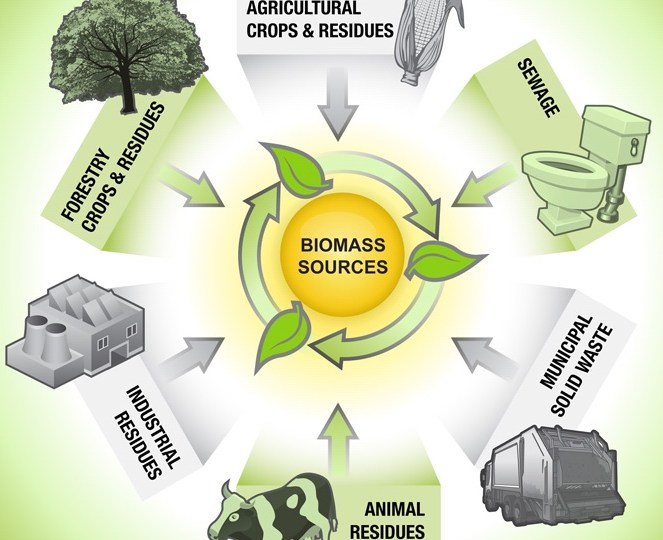For the first time in the history of India, the year 2012 saw several public protests against improper solid waste management all across India – from the northernmost state Jammu and Kashmir to the southernmost Tamil Nadu. A fight for the right to clean environment and environmental justice led the people to large scale demonstrations, […]
Solid Waste Management – India’s Burning Issue










